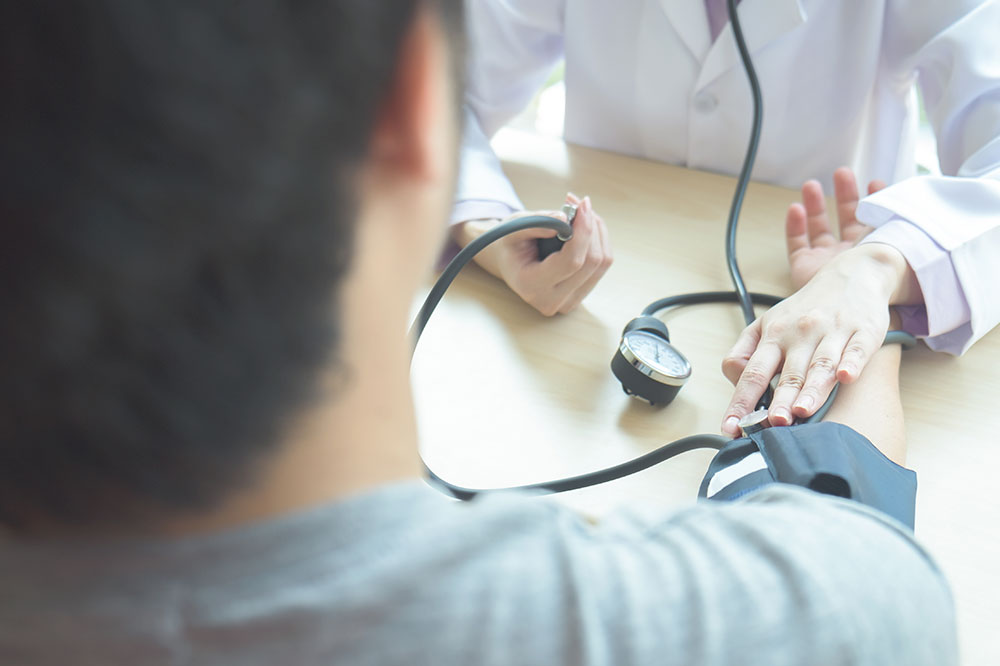
6 Lesser Known Symptoms of PAH
Pulmonary arterial hypertension or PAH is a progressive condition, and its symptoms may be mild or may be attributed to some health problems. Here, you will learn about some of the lesser known symptoms of PAH, which are often overlooked or misdiagnosed.
1. Shortness of breath
Shortness of breath is one of the lesser-known symptoms of PAH. As the walls of the arteries narrow and tighten, pressure in the lungs rises, leading to symptoms like shortness of breath. This may happen when you climb the stairs, walk uphill, or while doing some physical chores. The once easy-to-do tasks may seem difficult to do, leaving you completely breathless.
2. Fatigue or tiredness
With PAH, the lungs cannot get enough blood, and in turn, your body and brain are unable to receive enough oxygen. This lack of oxygenated blood makes it difficult to carry out tasks, making you tired earlier than before. A person may start taking breaks in between even to complete the daily chores.
3. Chest pressure
The increased pressure in the heart and arteries may also cause chest pressure or pain. This happens especially when you are exercising or doing any strenuous activity. This symptom is often misdiagnosed for some other heart conditions.
4. Racing heartbeat
One of the lesser-known symptoms of PAH is experiencing heart palpitations. The heart may feel like it’s beating irregularly, or suddenly the heartbeats may become rapid and more noticeable. As the disease starts worsening, some other symptoms may begin to show. These symptoms are:
- Swelling
The heart’s inability to pump blood forward will cause retention of fluid in the body. This fluid build-up results in swelling in the abdomen, legs, or feet. - Dizziness
As the strain on the heart increases, people with PAH may feel light-headed or dizzy. Dizziness can mostly happen during physical exertion or while exercising. - Fainting
One of the lesser-known symptoms of PAH is fainting, which is concerning and should be reported to the doctor. A person with PAH usually faints while bending down their head to pick up something.
5. Dry cough
A dry or persistent cough is a symptom of PAH. As PAH worsens slowly, it can be life-threatening. It can cause bleeding into the lungs, resulting in coughing up blood.
6. Blue lips or fingers
The heart pumps oxygen-rich blood cells, but due to PAH, the body cannot get the oxygen it needs. The lack of oxygen in the blood can cause lips or skin to turn blue. This kind of condition is called cyanosis. Some people with PAH also develop Raynaud’s disease, in which the small blood vessels of the fingers turn red, white, or blue.
The delay in treatment can increase pressure in the lungs’ blood vessels, which can damage the heart. If you have any of the lesser-known symptoms of PAH, it is best to talk to your doctor for a proper diagnosis.


